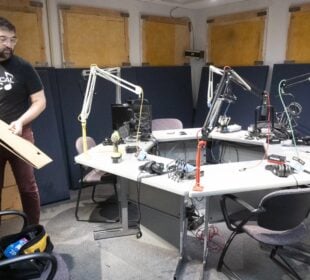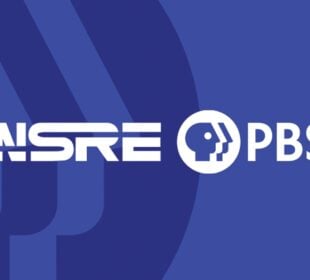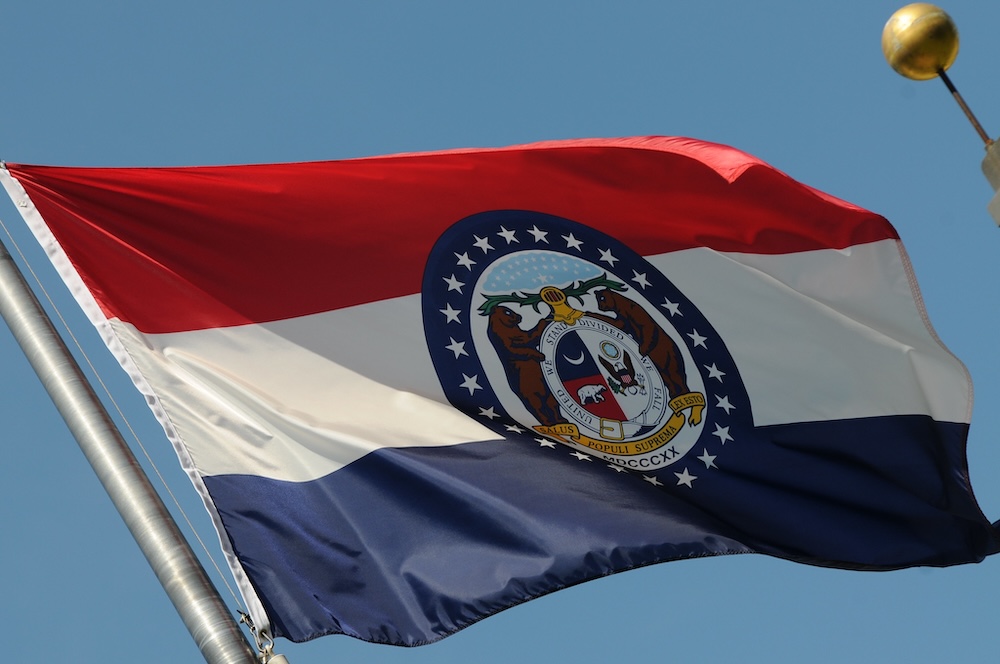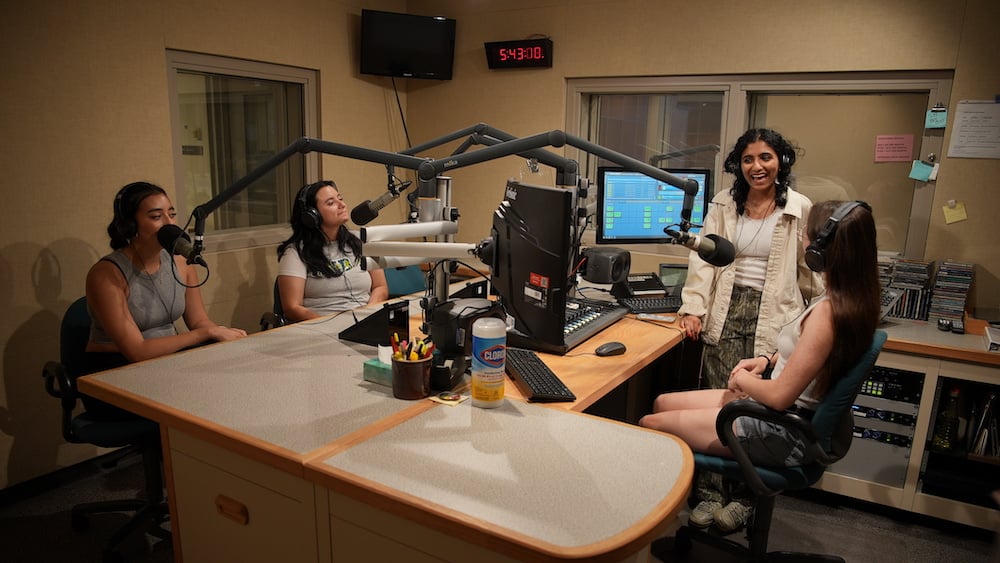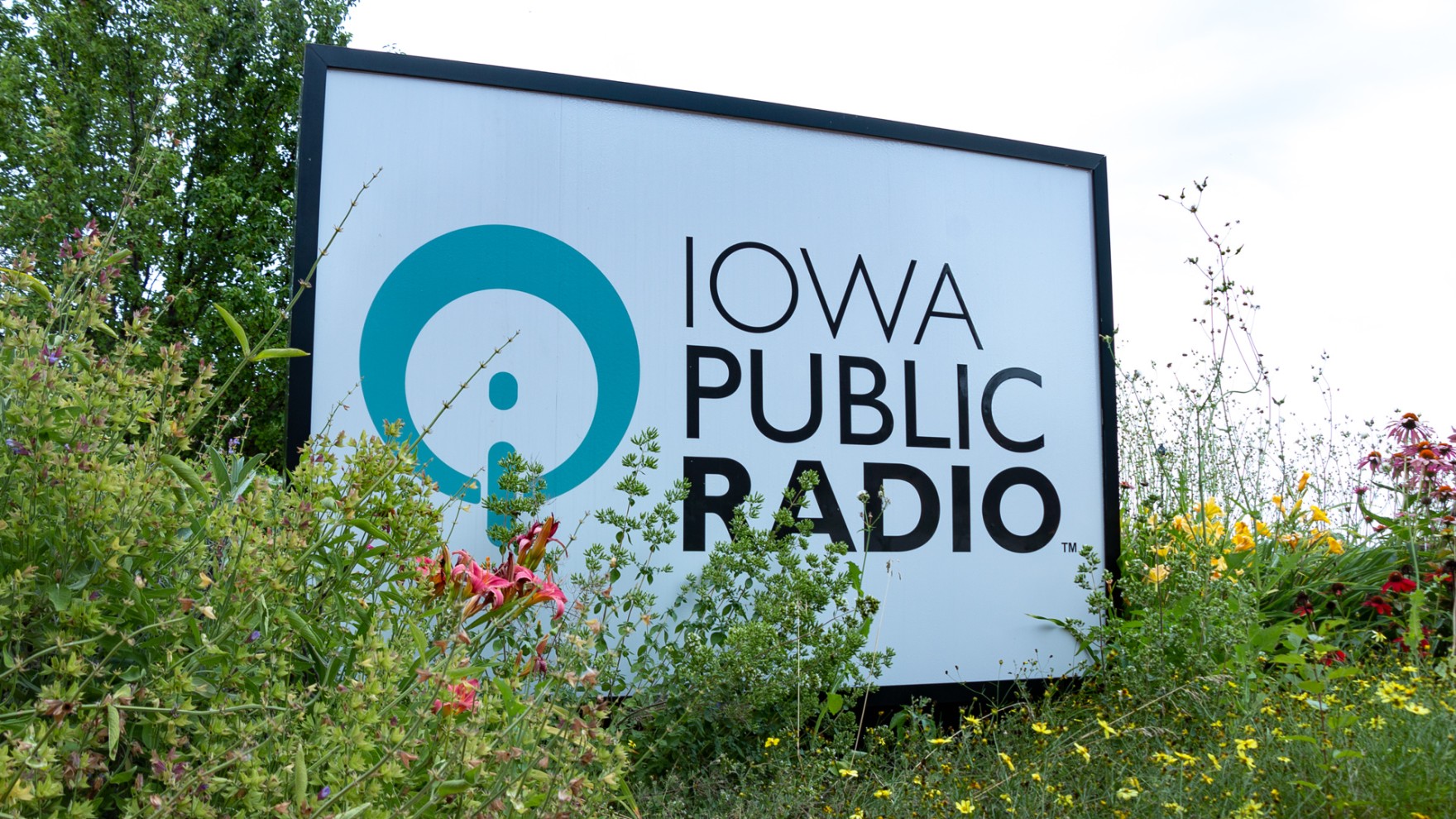Tag: University licensees
University closes in on new home for KCUR
KCUR and Classical KC staffers are currently working from home.Why university stations need to prove their institutional value — before a crisis hits
Without preparation, stations can struggle to articulate their value, leaving them vulnerable to disruptive changes.Licensee of WSRE ends PBS affiliation, moves to decertify foundation
Trustees at Pensacola State College in Florida voted to end WSRE’s PBS affiliation after fiscal year 2026.Waco’s KWBU faces budget shortfall after licensee announces end to financial support
The decision will result in a $200,000 shortfall for the station.Missouri radio stations will become independent nonprofits
St. Louis Public Radio, KCUR and Classical KC will be governed by independent nonprofits.How Cheryl Devall looks to build on ‘beautiful structure’ of KRVS
“I love that we don’t sound like any other NPR affiliate,” says Devall, a former NPR journalist who began managing the station ...From ‘nice’ to ‘necessary’: How to make a case for your university station
Today’s higher education leaders face unprecedented financial pressures. What is your station doing to help them solve their problems?WPSU faces cuts with 20% less in Penn State funds
While it’s too soon to project whether the station in central Pennsylvania will have layoffs, GM Isabel Reinert said it is clear ...More stations and universities should partner to realize ‘win-win-win’ potential, report says
The report from the Center for Community News found that 91% of stations surveyed said they want to collaborate more with local ...Six rules for navigating the academic culture as a university-licensed station
To succeed, you'll need to learn how to find your way through an unfamiliar maze of bureaucracy.Board of regents approves Iowa Public Radio ownership transfer
“It's extraordinarily complex, but we’re finally getting there,” said Michael Richards, board president.University licensee to vote on proposed ownership transfer for Iowa Public Radio
A vote of approval by the Iowa Board of Regents would be the first step in a plan for IPR to operate ...Licensee of KHSU weighs options as community group makes bid for ownership
Humboldt State University laid off most of KHSU’s staff last month, citing a disconnect between its mission and the station's and a ...Listeners ask university to rethink defunding of Tri States Public Radio
The funding cut will cost the station about half of its annual $1 million operating budget.Illinois licensee to end funding for Tri States Public Radio
The station will lose about half its annual operating budget, according to GM Jonathan Ahl.


